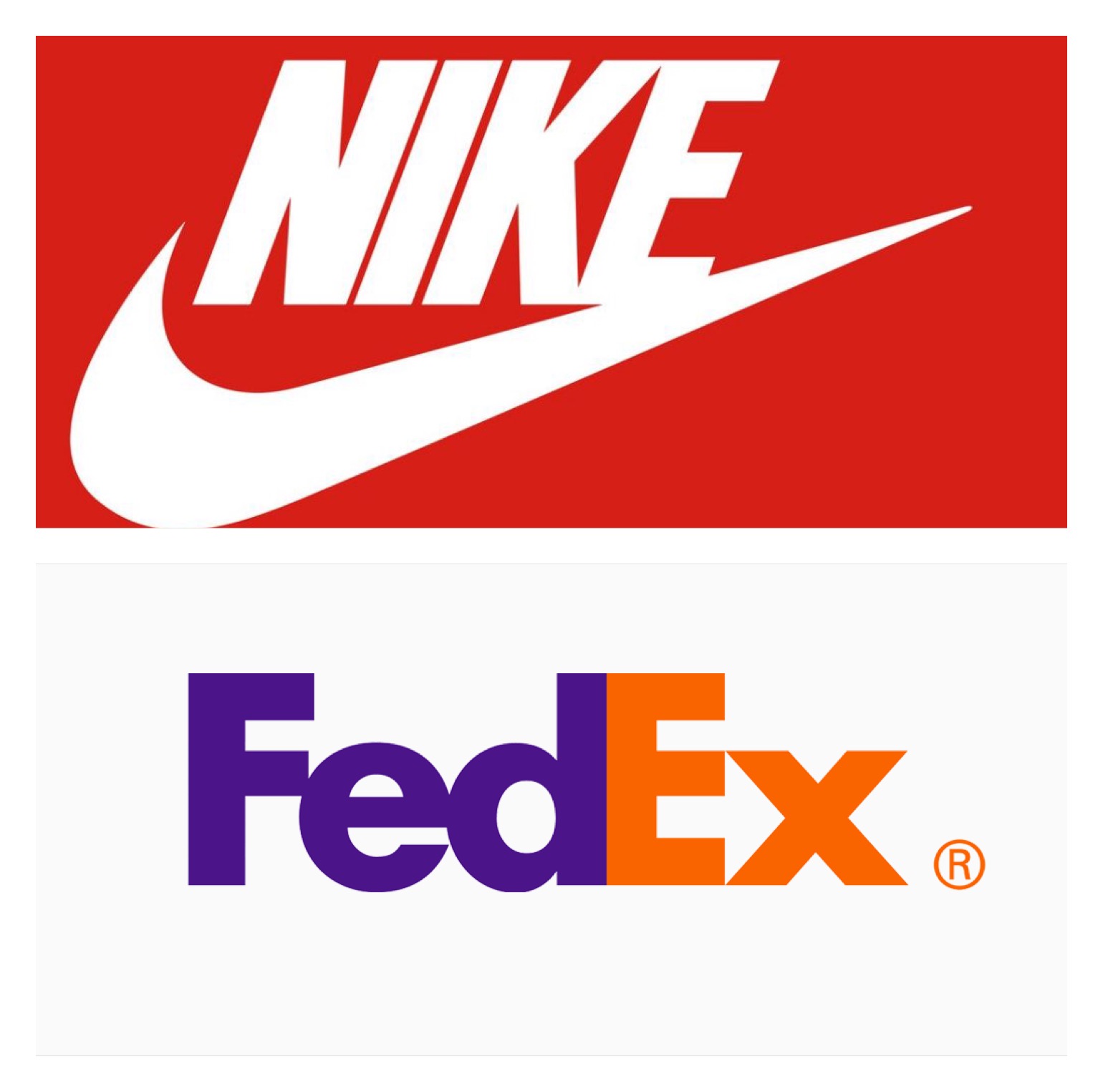From Marc Bain of qz.com:
Despite raking in billions in earnings, Nike, FedEx, and two dozen other public companies have paid no federal corporate income tax in the US since 2018, according to a study by the Institute on Taxation and Economic Policy, a Washington-based research organization.
The behavior continues what ITEP describes as a decades-long trend of companies finding ways to avoid taxes through legal loopholes such as deductions and exemptions. The 2017 tax bill enacted by former US president Donald Trump, which slashed the top corporate tax rate from 35% to 21%, may have worsened the situation, the group said.
In 2020 alone, Nike recorded pre-tax income of $2.9 billion, yet it paid no federal income tax, the analysis found. Instead, it got a tax rebate of $109 million. FedEx received a rebate of $230 million on pretax income of $1.2 billion last year.
Both were among those that have paid no federal income taxes in the years since Trump’s tax act, which a FedEx executive called a “mighty fine Christmas gift” on a Dec. 2016 earnings call, a year before the proposed bill became law. An investigation conducted later by the New York Times found FedEx, which lobbied for the bill, benefitted greatly from it. In its 2017 fiscal year, it owed more than $1.5 billion in taxes. The next year it owed nothing.
Dozens of big companies are avoiding federal income tax in the US
| Company | Effective tax rate from 2018 to 2020 | US pre-tax income from 2018 to 2020 |
|---|---|---|
| Telephone & Data Systems | −22.8% | $0.7 billion |
| Nike | −18.0% | $4.1 billion |
| Duke Energy | −15.5% | $7.9 billion |
| FedEx | −12.8% | $6.9 billion |
| DTE Energy | −11.0% | $4.1 billion |
| Cabot Oil & Gas | −8.6% | $1.8 billion |
| Evergy | −6.4% | $2.1 billion |
| CMS Energy | −5.3% | $2.5 billion |
| Penske Automotive Group | −5.1% | $1.3 billion |
| Williams | −4.8% | $3.2 billion |
| Mohawk Industries | −3.3% | $0.6 billion |
| UGI | −3.2% | $1.1 billion |
| Textron | −3.1% | $1.5 billion |
| American Electric Power | −3.0% | $5.9 billion |
| Ball | −1.8% | $0.6 billion |
| Westlake Chemical | −1.7% | $1.7 billion |
| Xcel Energy | −1.4% | $4.4 billion |
| PPL | −1.3% | $2.9 billion |
| FirstEnergy | −1.2% | $3.7 billion |
| Kinder Morgan | −0.9% | $4.9 billion |
| Howmet Aerospace | −0.5% | $0.4 billion |
| Dish Network | −0.2% | $6.6 billion |
| Advanced Micro Devices | −0.1% | $1.7 billion |
| Archer Daniels Midland | −0.1% | $2.1 billion |
| Salesforce.com | −0.1% | $4.1 billion |
| Sanmina-SCI | −0.1% | $0.3 billion |
Public companies don’t share their tax filings, but they are required to file annual financial reports, which are publicly available. ITEP used the notes on income tax in these reports to arrive at its figures.
Companies drew on a variety of different tax breaks to reduce their bills. A number of those in ITEP’s analysis, including Nike, leveraged a break allowing them to write off expenses related to executive stock options. Nike was also among those that claimed a federal credit for investments in research.
The 2020 CARES Act, intended to help companies stay afloat through the pandemic, also helped companies last year. In a statement, FedEx said the legislation helped it navigate the pandemic while continuing to hire new employees, make capital investments, and fund employee pension plans. The company declined to comment on its tax payments prior to 2020. Nike did not reply to a request for comment.




